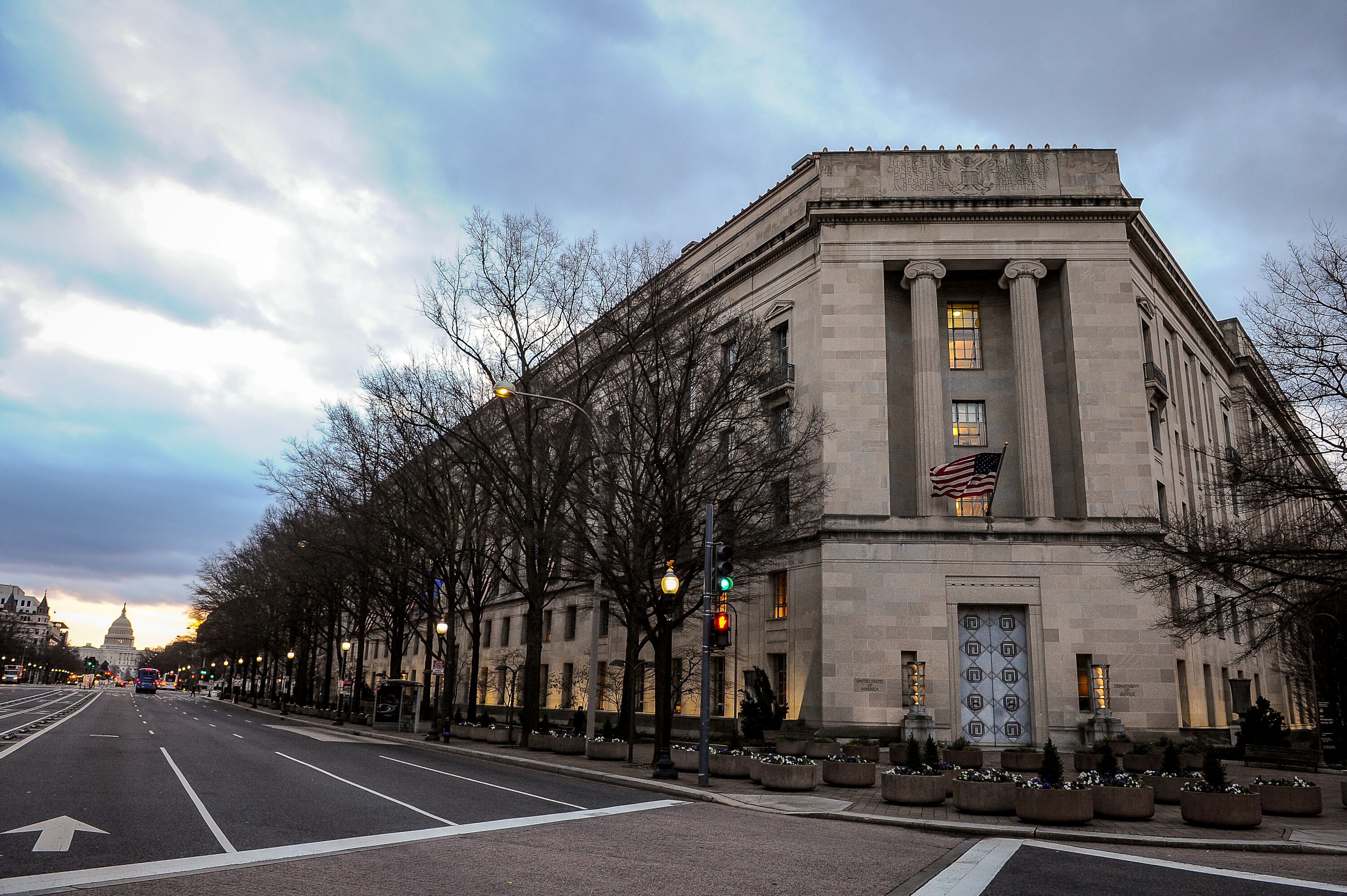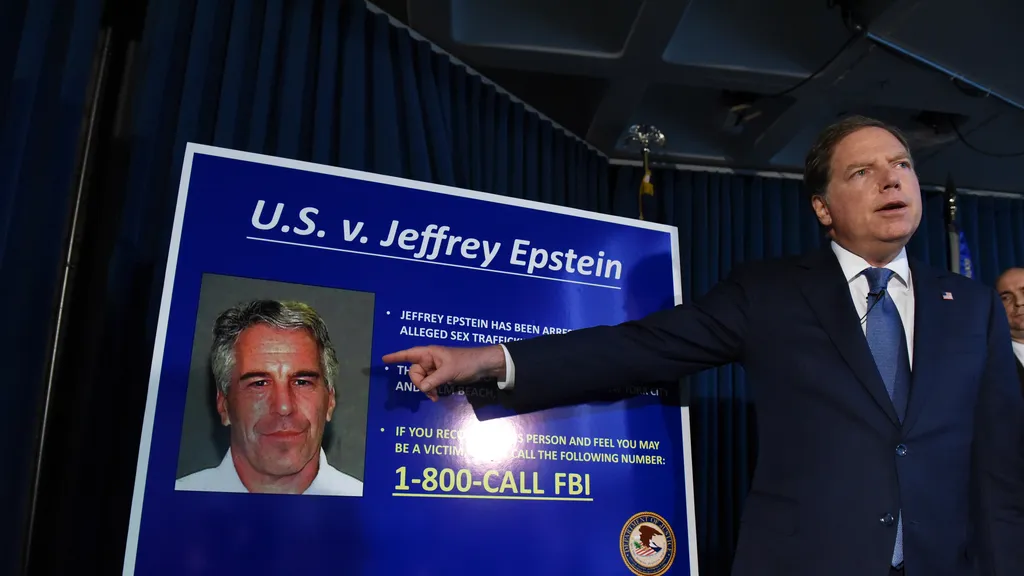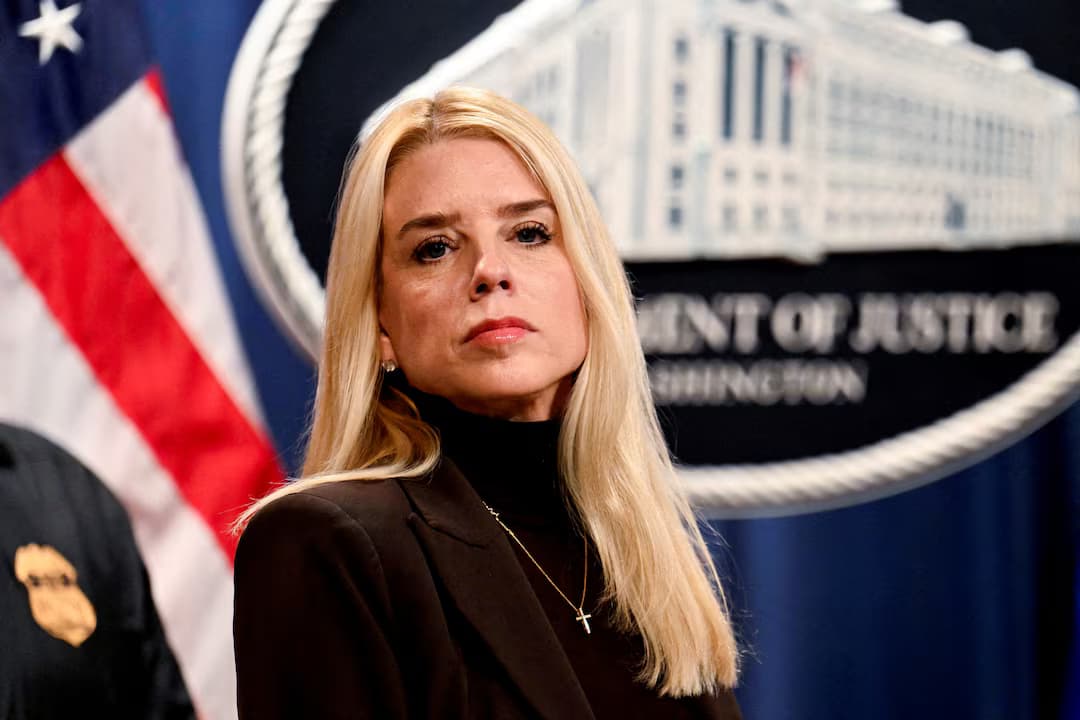The recent revelations from the Department of Justice regarding the Jeffrey Epstein case have sent shockwaves through the political landscape, raising urgent questions about accountability and the protection of the powerful. Attorney General Pam Bondi and her allies proclaiming a lack of evidence linking Epstein to high-profile individuals is not just a failure of justice; it"s a glaring indication of how systemic privilege operates in America.
DOJ’s Empty Promises on Transparency
The DOJ"s latest memo, which reportedly indicates no incriminating client list exists, is being hailed by some as a victory for transparency. However, the reality reveals a troubling trend: the elite often evade true scrutiny while marginalized communities continue to suffer the consequences of systemic failures. As noted in an investigation, Epstein’s case illustrates how justice is often selectively applied, favoring the wealthy while leaving vulnerable populations exposed.
The Trump Administration’s Complicity
President Donald Trump’s recent defense of Bondi and the DOJ’s handling of the Epstein files reflects a broader pattern of overlooking serious issues for political expediency. Trump’s assertion that Epstein is “somebody that nobody cares about” underscores a dangerous dismissal of the very real suffering experienced by the victims of his crimes. This rhetoric not only trivializes their trauma but also signals a systemic unwillingness to confront uncomfortable truths. As reported by the DOJ, accountability for powerful figures remains elusive.

DOJ"s Access to Justice office reopens in moment of crisis ...
Implications for Victims of Sex Trafficking
Epstein’s case is not just a matter of political intrigue; it has profound implications for victims of sex trafficking. The DOJ’s failure to release comprehensive evidence allows the narrative of elite impunity to flourish, which further silences survivors. The systemic dynamics that protect powerful perpetrators while vilifying their victims are echoed in the findings of scholarly research on prosecuting human trafficking. The urgency for meaningful change in how these cases are handled cannot be overstated.
The Role of Media in Shaping Public Perception
Media narratives surrounding Epstein"s case have also played a significant role in shaping public perception. The sensationalism surrounding high-profile figures distracts from the real issues at hand—namely, the systemic failures that allow such atrocities to occur unchecked. As examined in discussions about prosecuting sex trafficking, the media often focuses on the spectacle rather than the lived experiences of survivors. This not only perpetuates harm but also undermines the calls for accountability and justice.

Jeffrey Epstein documents: DOJ, FBI conclude no "client list ...
Calls for Reform Must Continue
The enduring fallout from Epstein"s crimes serves as a call to action for advocates of social justice and environmental reform alike. The intersection of privilege and power must be dismantled, and the voices of marginalized communities must be amplified. The fight for justice is not just about one individual; it’s about transforming a system that continues to protect the powerful at the expense of the vulnerable. As we navigate this complex landscape, we must demand more from our leaders and hold them accountable for their actions, or lack thereof.

![[Video] Anti-ICE Protester Pepper Sprayed as CBP Agents Disperse Crowd in Minneapolis](/_next/image?url=%2Fapi%2Fimage%2Fthumbnails%2Fthumbnail-1768260677127-y71sb7-thumbnail.jpg&w=3840&q=75)

![[Video] Several injured as U-Haul truck drives through Iranian protestors in Los Angeles](/_next/image?url=%2Fapi%2Fimage%2Fthumbnails%2Fthumbnail-1768176682028-q95y6j-thumbnail.jpg&w=3840&q=75)
![[Video] Scuffle breaks out between Trump supporters and Anti-ICE protesters in Times Square](/_next/image?url=%2Fapi%2Fimage%2Fthumbnails%2Fthumbnail-1768165958203-hgcgb-thumbnail.jpg&w=3840&q=75)


![[Video] Gunfire between Iraqi security forces and Sadr militias in Baghdad](/_next/image?url=%2Fapi%2Fimage%2Fthumbnails%2Fthumbnail-1768343508874-4redb-thumbnail.jpg&w=3840&q=75)
